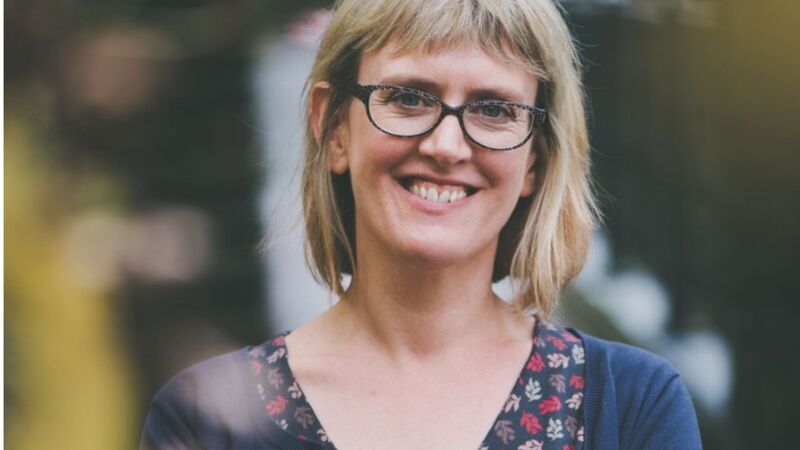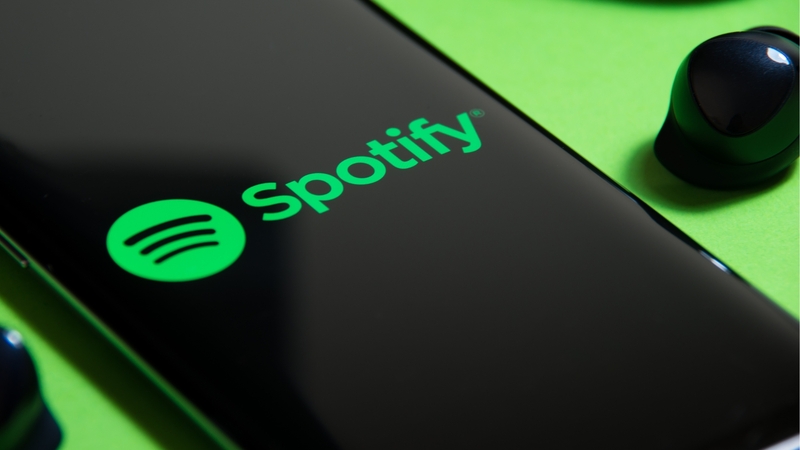You are viewing your 1 free article this month. Login to read more articles.
Keep festivals hybrid
The lockdown restrictions opened the doors to many in terms of online festivals and events, and we must ensure such gains are not squandered
Book promotion is a key part of an author’s job, particularly when securing another publishing contract is highly dependent on sales and author visibility. So imagine if the doors to literary events and festivals were firmly shut to you. Your name wasn’t down and you couldn’t come in.
Imagine then if you suddenly find those doors opened—but after a wonderful honeymoon period they slam shut again. That’s what many authors with disabilities and chronic illnesses have experienced: online opportunities brought about due to Covid-19 and lockdown have mostly been rolled back. The boom in online festivals in 2020 democratised the industry and gave us opportunities we had long been asking for, but it took a pandemic to get them. Now, to our dismay, they’re fading into folk memory.
Together we can make sure the publishing industry doesn’t slip back to the old status quo, and look forward to a diverse, equitable future
That’s why my publisher, Clare Christian at RedDoor Press, and I are launching a campaign to #KeepFestivalsHybrid, urging literary festival organisers to factor in accessibility at the beginning of their planning. We realise that many people are glad to return to in-person events, but that doesn’t mean that they can’t run in tandem with technology, “Zooming in” authors to take part in panels and livestreaming to readers. In fact Clare flags up the hybrid nature of this year’s FutureBook conference as a great example of how this can work: “The availability of both online and in-person tickets ensured that the conference was truly open to all, which is exactly as it should be”.
With this in mind it’s worth remembering that it is not only disabled and chronically ill people who benefit from a hybrid format, but also those on a low income who can’t afford to travel, those with social anxieties, as well as people who currently feel culturally excluded from “bums on seats” literary events, to name just a few. By making events accessible to all, the events themselves benefit from the increased audience and engagement.
To illustrate the point, I asked fellow members of the Society of Authors’ ADCI (Authors with Disabilities & Chronic Illnesses) group to share their experiences. Here’s the reality of author exclusion from festivals and events:
- “Virtual events have made me feel part of a community again… Already, I have to deal with the grief of chronic illness and all that it has taken from my life. I don’t want to have to deal with the grief of being marginalised and disappeared by my professional communities on top of that.”
- “To be able to interact virtually or via video chat has been an absolute godsend.”
- “As an emerging author and an audience member I was completely excluded from literary events until lockdown. It didn’t occur to me they were for people like me. Events moving online allowed me to join in for the first time… So it feels like a particularly vicious door slam having those opportunities taken away.”
- “For some people, the world is shrinking again. We need to keep it open for everyone this time and not just a privileged majority.”
- “When I was offered to be on a panel for an in-person event I was also to be paid a fee. When I said I couldn’t do in person but would be happy to be involved digitally, not only did I get NO reply, it’s also a huge loss of income.”
- “I live in an archipelago off the north coast of Scotland. It takes more time and money to get to festivals than I can afford. Online access has revolutionised my creative life.”
- “Being blind has big access barriers, especially in getting to events, so Zoom makes events more accessible.”
- “Online access removes so much (not all) of the physical cost of attending events. Travelling to a festival for the day means three to five days’ recovery afterwards, whereas attending the same event online costs me 12 to 24 hours of recovery. The removal of online access threatens a huge step back in my ability as a début author to actually participate in the publishing scene.”
And me? I’m a wheelchair user with chronic pain and fatigue issues. These don’t matter a jot when I take part in online events and festivals from the comfort of my own home. I enjoy giving author talks and taking part in panels, and have a bit of a knack for them. Being part of the author community and doing all I can to promote my books means a great deal to me, personally and professionally. Take online/hybrid events away and the playing field with other authors isn’t level. It’s not my health that disables me, it’s the lack of equal opportunity. We are calling on all authors and our allies in the industry to sign an open letter to literary festival organisers and to share #KeepFestivalsHybrid on social media. We have offered advice to help organisers consider accessibility planning, and it’s worth noting that funding is often available to help cover costs associated with making events fully accessible.
Please sign the open letter, take note of the useful links we have provided, and shout loudly about the issue to your friends and colleagues. Together we can make sure the publishing industry doesn’t slip back to the old status quo, and look forward to a diverse, equitable future.
Penny Batchelor is an author whose work is billed as “domestic noir thrillers with secrets, lies and lots of twists”.


















